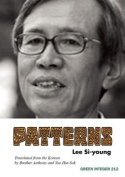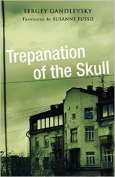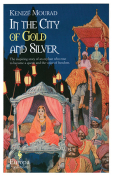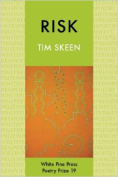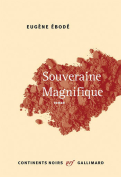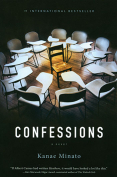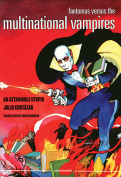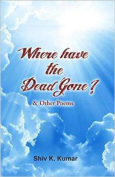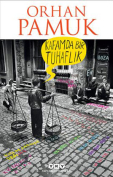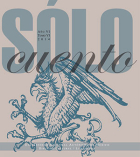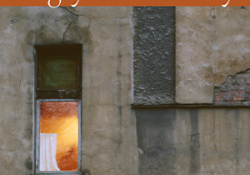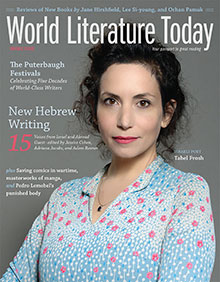Trepanation of the Skull by Sergey Gandlevsky
Susanne Fusso, tr. DeKalb, Illinois. Northern Illinois University Press. 2014. ISBN 9780875807157
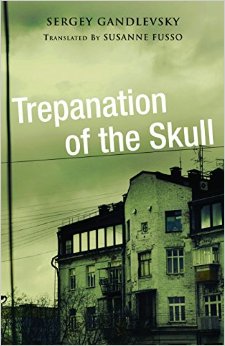 Nearly all the recognizable elements of Russian literature can be found within the pages of Sergey Gandlevsky’s autobiographical novel, Trepanation of the Skull—dangerous amounts of vodka, Pushkin, a duel (of sorts), doses of superstition, pathos, cynicism, pessimism, fatalism, byzantine bureaucracy, and, most profoundly, the struggle to reconcile unjustified suffering with an omnipotent god.
Nearly all the recognizable elements of Russian literature can be found within the pages of Sergey Gandlevsky’s autobiographical novel, Trepanation of the Skull—dangerous amounts of vodka, Pushkin, a duel (of sorts), doses of superstition, pathos, cynicism, pessimism, fatalism, byzantine bureaucracy, and, most profoundly, the struggle to reconcile unjustified suffering with an omnipotent god.
Gandlevsky calls Trepanation of the Skull “a tale,” which is one of the many clues to the reader that although autobiographical, truth will be secondary to artistic expression. As one of Russia’s most respected contemporary poets, this preference is not surprising. Gandlevsky promises “to delight you with prose. Poetic prose. Don’t expect a plot—it’s this and that, the dark passages of murky associations. A mass of allusions.” That the poetry of his prose resonates in translation is a tribute to Susanne Fusso’s mastery of both modern, colloquial Russian and Gandlevsky’s milieu. The aesthetic style enlivens the narrative’s regard for the mundane—dressing the kids, getting drunk with friends, spending time at the dacha, arguing about expenses—making the ordinary interesting in a manner reminiscent of Karl Ove Knausgaard’s popular tetralogy, My Struggle.
When he is in his early forties, Gandlevsky begins to have difficulty formulating words. This disability, along with persistent, severe headaches, leads eventually to a brain tumor diagnosis. For a time Gandlevsky’s art, his profession, and even his life are in jeopardy. Successful surgery removes the tumor and gives him a reprieve from death. But will the grace granted, his “second chance,” be transformative? Will he be able to overcome the pitfalls that have shadowed his life, the complacency, the alcoholism? Does he have the fortitude to reconcile his actions to his aspirations, to become a better, wiser person? Or is he too weak to change, undeserving of the second chance deprived others more worthy? Gandlevsky’s unsatisfied questions compel us to look inward, to examine whether if, given a second chance, we would have the discipline and moral strength to redeem ourselves.
Lori Feathers
Dallas, Texas
